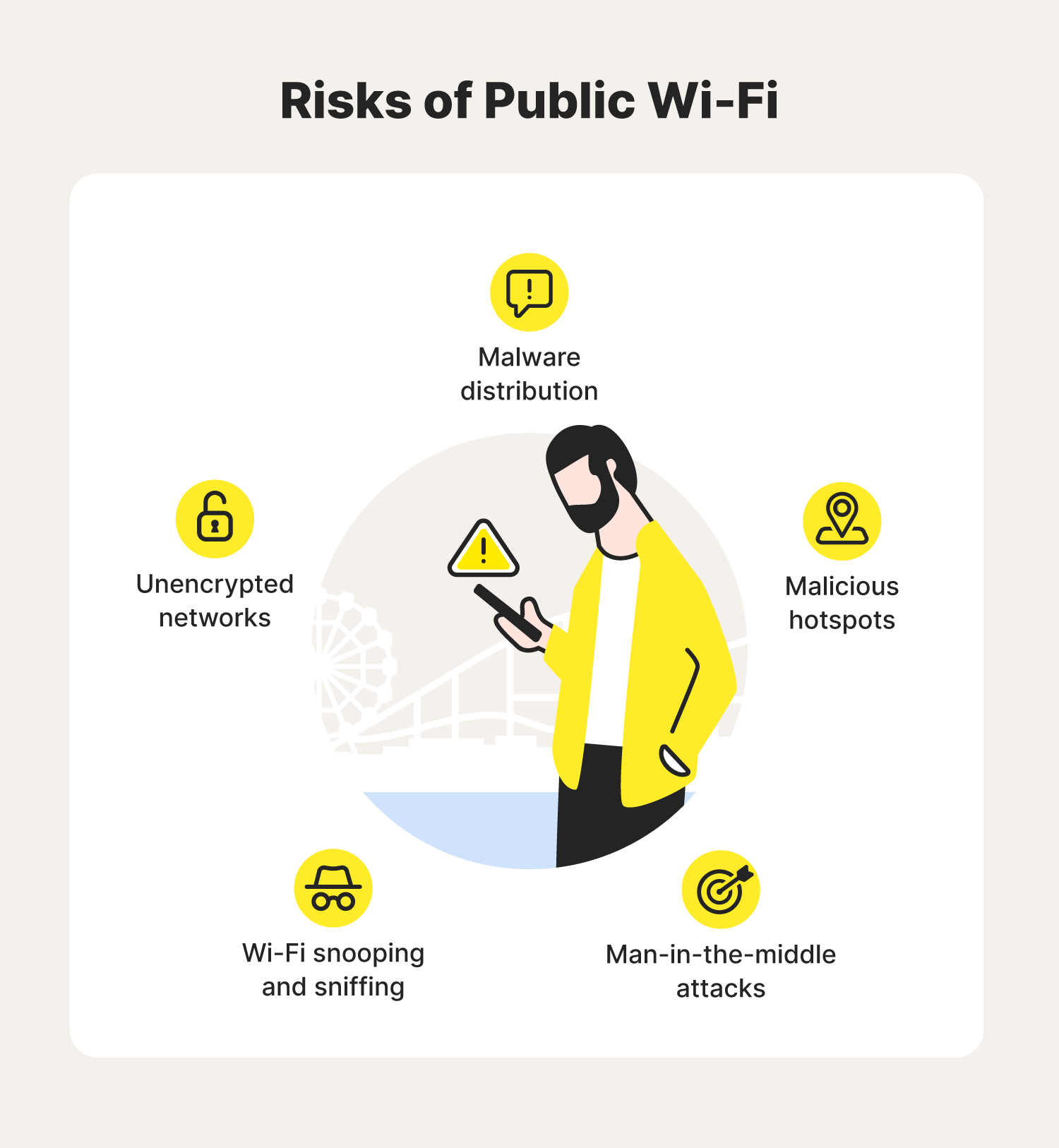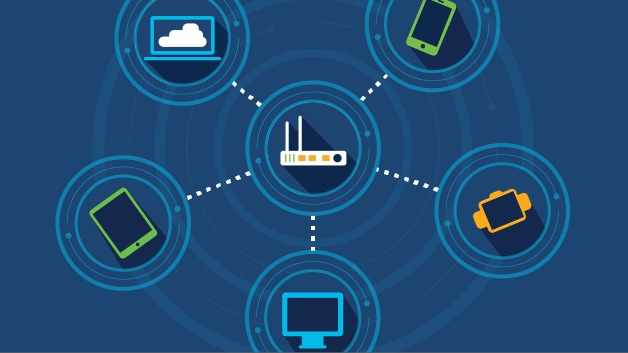
What are the Risks And Benefits of Wireless Networks
In today’s technologically driven world, wireless networks have become an integral part of our lives. From homes to businesses, wireless networks offer numerous benefits that contribute to increased efficiency and convenience. However, with these benefits come certain risks that individuals and organizations should be aware of. In this article, we will explore the risks and benefits of wireless networks.

Credit: www.aplustopper.com
Benefits of Wireless Networks
1. Mobility and flexibility: One of the main advantages of wireless networks is the ability to stay connected while on the move. This allows individuals to work from different locations without being confined to a physical space.
2. Accessibility: Wireless networks provide easy access to the internet, allowing users to connect their devices without the need for physical cables.
3. Expandability: Wireless networks are highly scalable, making it easy to add new devices and expand the network as your needs grow.
4. Guest access: Wireless networks allow you to create separate guest networks, providing internet access to visitors without compromising the security of your main network.

Credit: www.cisco.com
Risks of Wireless Networks
1. Security vulnerabilities: Wireless networks are susceptible to unauthorized access by hackers. Weak passwords or security settings can be exploited, leading to potential data breaches and loss of sensitive information.
2. Limited coverage area: Compared to wired networks, the coverage area of wireless networks may be limited. Thick walls, long distances, or interference from other devices can impact the signal strength and range.
3. Interference: Wireless networks operate on shared frequencies, making them susceptible to interference from other devices such as microwaves or cordless phones. This can lead to a decrease in network performance and reliability.
4. Limited bandwidth: Wireless networks have a limited bandwidth compared to wired networks. This can result in slower internet speed and reduced data transfer rates.
Frequently Asked Questions On What Are The Risks And Benefits Of Wireless Networks
What Are Some Advantages And Disadvantages Of Wireless Networks?
Wireless networks offer flexibility, easy setup, and lower costs. However, they come with potential disadvantages such as security vulnerabilities, performance issues, reliability concerns, and compatibility issues compared to wired networks. The pros and cons of wireless networks depend on specific network needs and use cases.
What Are The Benefits And Risks Of Wi-fi?
Wi-Fi benefits include mobility, flexibility, cost-effectiveness, and scalability. Risks involve security vulnerabilities, limited coverage, interference susceptibility, and bandwidth constraints.
What Are The Benefits Of A Wi-fi Wireless Network?
A Wi-Fi wireless network offers mobility, flexibility, and ease of accessibility, enabling collaboration and expansion. It also allows guest access and lower installation costs compared to wired networks. However, it may have security vulnerabilities and limited bandwidth, depending on individual network requirements.
What Is Wireless Risk?
Wireless risk refers to the vulnerabilities of wireless networks to unauthorized access, leading to potential security breaches. Hackers can exploit weak passwords to gain access to sensitive data. These risks can compromise the security and reliability of wireless networks.
Conclusion
Wireless networks offer great advantages in terms of mobility, flexibility, and accessibility. They can greatly enhance productivity and collaboration in various settings. However, it is crucial to be aware of the potential risks associated with wireless networks, such as security vulnerabilities and limited coverage. By implementing strong security measures and regularly updating network configurations, you can minimize these risks and enjoy the benefits of wireless connectivity.
Overall, the decision to adopt a wireless network should be based on a thorough understanding of the risks and benefits involved. Assessing your specific needs and conducting a proper risk assessment will help you make an informed decision that aligns with your requirements and ensures the security of your data.
